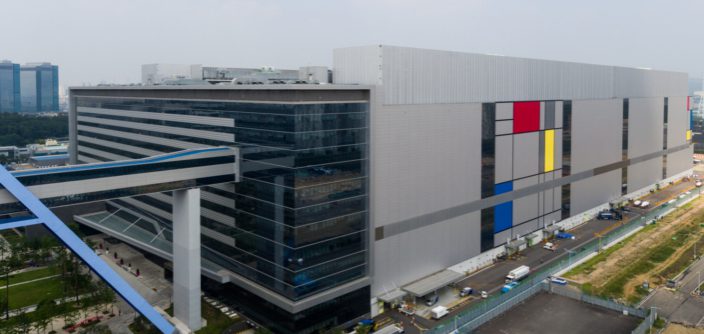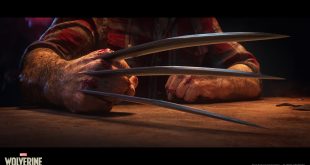Samsung has begun preparing itself for the incoming wave of demand for 10nm chips. Today, the company announced that its Foundries have commenced mass production of system-on-chip (SoC) products built using Samsung's second generation 10nm FinFET process, known as 10LPP (Low Power Plus).
The new 10LPP process allows up to ten percent higher performance or 15 percent lower power consumption depending on what customers like Qualcomm, Apple or others want. The 10LPP process is derived from the already proven 10LPE process, so the update brings some competitive advantages by reducing turn around time on development and mass production. Essentially, Samsung is going to be able to crank these out in much higher volumes and higher yields, due to its experience making 10LPP chips.
Samsung's new S3 manufacturing line. Image credit: Samsung.
SoCs designed with 10LPP technology will be used in devices as soon as ‘early next year', with availability ramping up over the course of 2018. Ryan Lee, Vice President of Foundry Marketing at Samsung added that the company will continue with its “long-living 10nm process strategy” and will continue to work on evolving the technology down to 8nm.
There is no public timeline for 8LPP just yet. However, with its new manufacturing line known as ‘S3', located in Hwaseon, Korea, Samsung will be looking to ramp up production on 10nm and below. The S3 foundry is Samsung's third fabrication lab and will be in charge of producing 7nm FinFET with Extreme Ultra Violet in the coming years.
KitGuru Says: Samsung has gone on to trade blows with Intel as the largest chip maker in the world. By opening up a new factory and ramping things up on the 10nm side, the company will continue to compete at a high level.
 KitGuru KitGuru.net – Tech News | Hardware News | Hardware Reviews | IOS | Mobile | Gaming | Graphics Cards
KitGuru KitGuru.net – Tech News | Hardware News | Hardware Reviews | IOS | Mobile | Gaming | Graphics Cards



